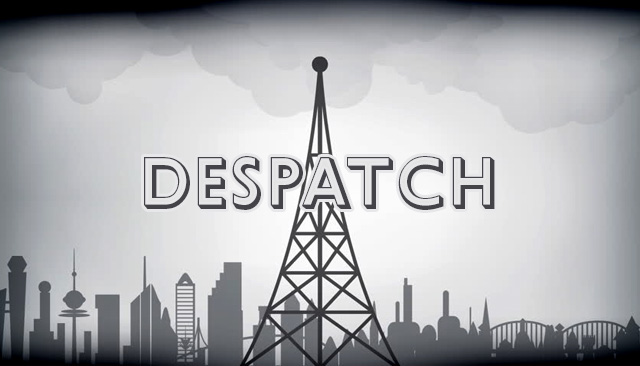The Paradise Papers continue to dominate news in the offshore world, and have generated a mixed set of reactions, writes the Tax Justice Network in its Weekly Wrap. An edited version here:
Unsurprisingly, representatives of tax havens are not too pleased about the leak. Tony Travers, the chairman of the Cayman Islands Stock Exchange even went as far as saying that journalists should be locked up, citing the fact that computer hacking is a crime.
As we noted in our update last week, many journalists covering the leak have been falling over themselves to insist that everything contained within them is ‘perfectly legal’. Yet, the promoters of tax havens seem more than happy to throw around accusations of criminality when it comes to the activities of journalists. And for them the notion of the public interest doesn’t seem to come into it. Given that some of the activities contained within the Paradise Papers are quite clearly illegal, we think representatives of secrecy jurisdictions should think twice about throwing stones in glass houses.
The Paradise Papers came out the same week that the European Council of Finance Ministers met. At that meeting the issue of an EU blacklist of tax havens was discussed, and somewhat shamelessly, given the context, the UK and others are reported to have pushed back on the idea that sanctions should be imposed on countries deemed by the EU to be ‘un-ccooperative jurisdictions.’
The Financial Times has detailed the process undertaken so far by the EU. Apparently warnings have been issued to 53 states. According to the same article the UK delayed warnings being issued to 12 states (UK Overseas Territories and Crown Dependencies) but, two days before the Paradise Papers, did actually withdraw their objections. It seems that Brexit is looking better and better by the day for the Europeans!
The European Parliament has decided that it will hold a special meeting on the Paradise Papers on the 28 November.
One thing they might want to focus their attention on is the role of the enablers of tax dodging. In all of the stories about the Queen, celebrities including Madonna, and sports stars found in the Paradise Papers, those less famous people at the heart of the scandal have been given an easy ride.
Those are the people working in the Big Four accountancy firms who promote avoidance schemes and the partners of these firm that promote this business line. Time and time again the Paradise Papers have shown that the schemes implemented by Appleby to help global corporations and the wealthy dodge taxes were designed in the offices of KPMG, EY, Deloitte or PwC. But so far they have received very little coverage.
But veteran Australian financial journalist Michael West has had a blast at the news industry for missing this central story on his blog, where he sets out all the links between the Paradise Papers and the Big Four that have emerged so far.
And we think it’s time to listen again to this Taxcast Extra podcast which features an interview with Emeritus Professor of Accounting Prem Sikka on the Big Four accountancy firms. Or, as he calls them, the pin stripe mafia.
Visit Tax Justice Network here https://www.taxjustice.net/ for further coverage and Tax Justice Network Australia here: http://www.taxjustice.org.au/
More on the Big Four by TJN: https://www.taxjustice.net/2017/11/13/big-four-accounting-firms-arekey-drivers-tax-haven-use-new-research-says/
Michael West established Michael West Media in 2016 to focus on journalism of high public interest, particularly the rising power of corporations over democracy. West was formerly a journalist and editor with Fairfax newspapers, a columnist for News Corp and even, once, a stockbroker.

